Saudi coalition forces surrender to Ansarullah after intense fighting
As the Yemeni armed forces continues its advance on the strategic city of Marib, local reports claim that as of 23 September Ansarallah resistance fighters have liberated 10 out of 14 districts in the oil-rich province.
The reports come just one day after all remaining Saudi coalition forces in the district of Al-Abdiya, just south of Marib, surrendered to the Yemeni army and popular committees.
In light of the rapidly changing situation on the battlefield in Yemen, the Yemeni armed forces have managed, after days of intense fighting, to liberate four districts in the Shabwa Governorate, and two in the Marib Governorate, in record time.
While approaching the Yemeni fields an atmosphere of optimism prevailed within Yemeni circles loyal to the US Saudi coalition aggression.
Meanwhile, many tribes, political, social and military figures, began to open channels of communication with the Sanaa government.
This comes while the UN envoy to Yemen, Hans Grundberg and the American mediation team shuttling between the Saudi and Omani capitals have so far failed to achieve any result, which may leave the Saudis with the single option of responding to the demand to lift the Riyadh imposed air, sea and land blockade.
Washington and Riyadh are still unable to comprehend how the recent actions of the Sanaa resistance forces secured several strategic goals at such record speed giving them a future advantage in reaching the shores of the Arabian Sea for the first time since the beginning of the war, as well as controlling oil and gas sources and the governorates of Shabwa and Marib.
The recent battlefield developments in Yemen are not derived from the regional and international contexts. It seems Yemeni resistance forces have mastered their investment in pushing for dramatic changes on the ground and were waiting only for the right moment, given that the military readiness has always been available.
Sanaa, which has control over events on the ground, took advantage of the recent transformations in the region with the arrival of a new, more assertive, administration in Iran, the withdrawal of the United States of America from Afghanistan and the latest American retreat in Syria and Lebanon, to push for dramatic changes on the Yemeni map.
Ansarullah tried to take the path of peace through the Marib initiative which was presented to the Omani delegation that visited Yemen months ago.
Both Riyadh and Washington opted to dodge this opportunity and rather bet on the failure of the Yemeni armed forces attack on Marib, which was a huge mistake.
Likewise, the Saudi and American sides could not take seriously the shift in political discourse in Sanaa towards drawing up plans for the future of the post Marib period, as stated by the leader of Ansarullah, Abdul-Malik al-Houthi, at the beginning of September when he asserted: "We will liberate all our country, and we will take back all the areas occupied by the Coalition of aggression”.
As the Yemeni armed forces continues its advance on the strategic city of Marib, local reports claim that, as of the 23rd of September, Ansarullah resistance fighters have liberated 10 out of 14 districts in the oil rich province.
The reports came just one day after all the remaining Saudi coalition forces in the district just south of Marib surrendered to the Yemeni armed forces and to the popular committees.
Following days of intense fighting the Yemeni army has liberated large swathes of the Saudi led coalition's last northern stronghold.
By controlling an entire district in the Shabwa Governate in Eastern Yemen, the Sana forces have succeeded in separating the governorate completely from its neighbor Marib, which means that only one very difficult supply line will remain accessible to the forces loyal to Mansur Al Hadi, who are basically Saudi mercenaries.
Are we at a point where Mohammad Bin Salman will now stop this unnecessary war and try dialogue for a change?
Well this is interesting because we're approaching the seven year anniversary, this coming March of 2022. So this is turning into, in a sort of a way, Saudi Arabia, MBS's Vietnam, as it were. But really when you look at this, how this all came about in 2015, is really an Obama era disaster that no matter how they tried to reorient it and add pieces to it and take away pieces it was doomed to failure from the beginning.
And just from a strategic point of view, Saudi Arabia completely underestimated the will and the determination and the resourcefulness of Ansarullah.
But not only that, they overestimated the effectiveness of various proxy forces and mercenary components that they brought in, not just Saudi Arabia overestimating that but the United States, as well.
Because, for the most part, this has been really a US led effort but with Saudi playing the lead role, the US has outsourced the lead role in public, to a local enforcer, which is the Kingdom of Saudi Arabia.
Patrick Henningsen, Founder, 21st Century Wire
The army and the Popular Committee gained control of the last remaining district, overcoming major obstacles to advance towards the city of Marib from the south, upwards, and to pave the way to control the regions oilfield rich region from more than just one direction and with the least possible losses.
Should the armed forces actually get to the oilfield and start retaking the area that was under control of mercenaries for so long, will the government in Sanaa be able to at least export this oil and try to break this American Saudi siege?
That might be difficult, that might be difficult. It's unclear but what they will have, what Sanaa definitely will have is access to its own domestic energy resources.
in so many ways this mirrors the operation that was taken [sic] against Syria by the US and all of its various allies and Saudi Arabia, where they basically cut off northeastern Syria and the oil fields in Syria that caused poverty, that caused a crisis and all sorts of problems in the rest of Syria, the same sort of tactic they've employed here, and not only that.
With Saudi Arabia siphoning off the oil and then selling it, depositing those revenues in their own banks, and maybe using that to fund their Sudanese mercenary armies or the UAE, the subcontracting that they've brought in, the various special forces that they've pulled in, into this sort of quagmire.
So it'll give the Yemenis the ability to not only have access to their own resources, be able to fuel vehicles, be able to do things with that and possibly sell it, but the West, and Saudi Arabia, will still have the ability to blockade.
They're not going to take Ansarullah's ultimate victory in Marib lightly, they will probably put additional pressure on, they'll say this is a violation of this UN resolution, of the so called peace deal that they dreamt up, that very much mirrors Idlib.
Just as Damascus was ready to take Idlib, you saw the international outcry, millions of people could (die), women and children are going to die if Syria retakes its own province, and they've done the same type of tactic here in Yemen to protect Marib because it is such a strategically important component on this battlefield.
Patrick Henningsen, Founder, 21st Century Wire
But perhaps the most remarkable development of the past week is the high level coordination between the Yemeni resistance factions and the tribes in the area and northern Yemen, whose position continues to turn unfavorably to the Emirati Saudi Alliance, obviously sponsored by the US.
How was Ansarullah able to change the situation into one favourable for the Sanaa government instead of continuing on the path drawn for them by Mohammed bin Salman?
Yeah I think it's interesting when Mohammad Bin Salman took this project on he was quite young, relatively, and so now he's probably looking back and thinking, well, it seemed like a good idea at the time but the Ansarullah's ability to bring some of the tribal factions together in the last year in the last 12 months has just seen a steady improvement, and we're reaching the climax right now with Marib, and this area is so key.
Not only that but this is a direct connection to… other parts of the country so this could very much break the back of the Saudi Arabian effort to prosecute what by all accounts, if you look at any international measure of international law, this is (an) absolutely illegal, undeclared war of aggression, the oppression, the torture of the countrymen, how this coalition has done this and got away with it it's just incredible.
Patrick Henningsen, Founder, 21st Century Wire
In the face of this media transformation we saw that the Islah Party leaders declared a state of public mobilization in the city of Marib and created what they are calling defense lines near the Atrak area which has been the alternative stronghold of Islah e Marib since August 2019, ever since Marib started falling to Ansarullah.
What is the Islah party counting on with this mobilization? Wouldn't it be less of a loss for them to at least start a conversation or a dialogue, some form of peace talks?
No, no, I don't think there's going to be, in terms of dialogue, it's very difficult because the Saudi Arabian coalition has really kind of nailed its colors to the maps, as it were.
They went all out with an international effort and support from the west to try to create this illusion that, somehow, the government in Sanaa, which is defending its own territory, is illegitimate, and that the government in exile of Mansour Hadi is, somehow, legitimate.
And then this peace deal was constructed ... Saudi Arabia will really lose face, Saudi Arabia will end up throwing more resources at it, more band aids, with failure being the ultimate conclusion.
Patrick Henningsen, Founder, 21st Century Wire
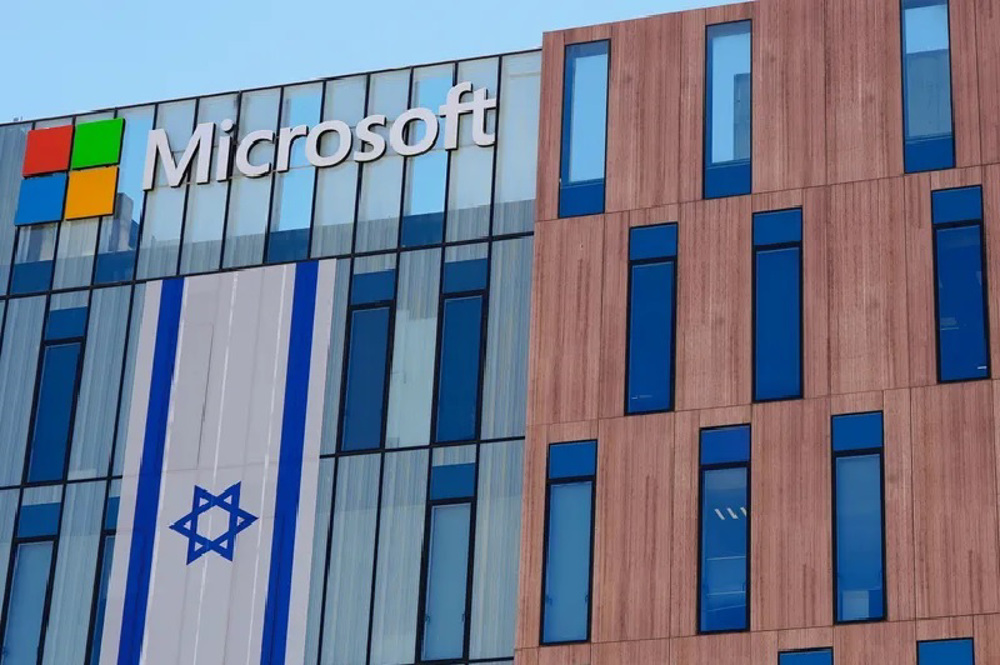
Microsoft collaboration in Gaza genocide
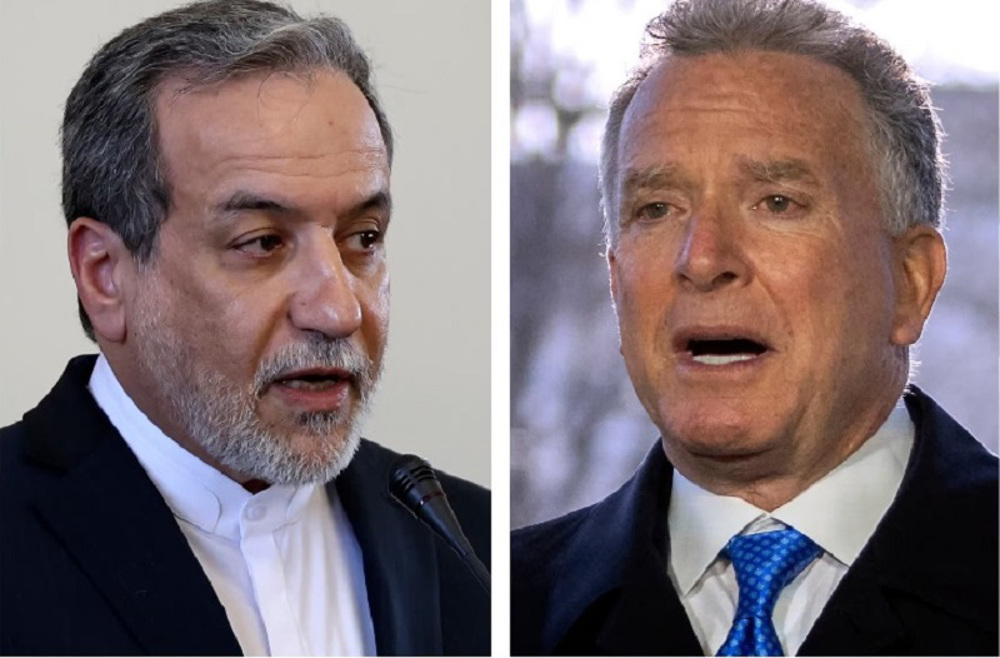
Indirect Iran-US talks proceed on 'constructive' note
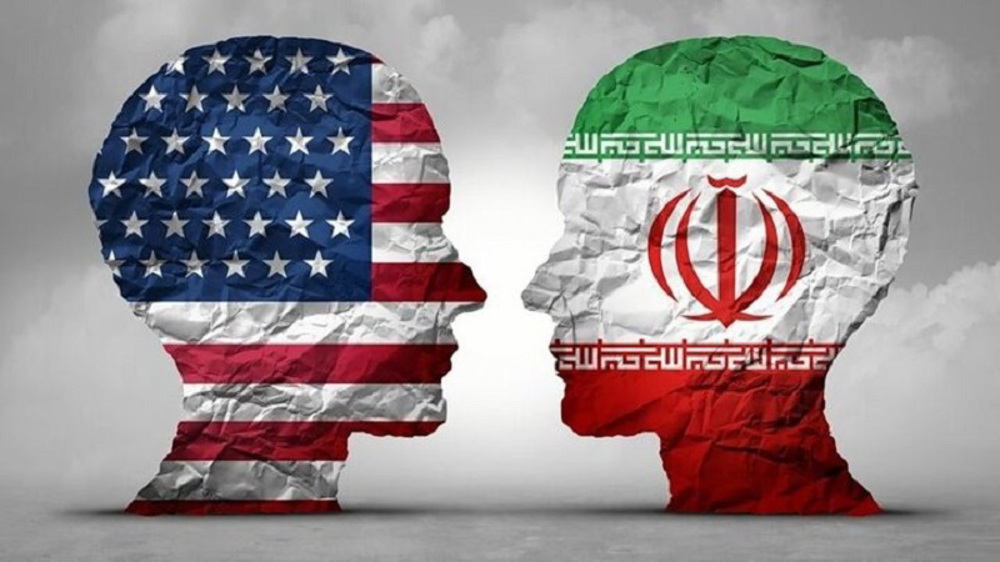
Indirect Iran-US meetings
Ayatollah Sistani offers condolences on passing of Pope, hails his role in promoting peace
Iran says expert-level talks with US postponed to Saturday
Iran issues jail sentences, fines for foreign crews of fuel smuggling ships
Iran’s annual dairy export doubles to nearly $1 billion
VIDEO | Press TV's news headlines
US sanctions Iranian businessman, his company amid nuclear talks
Hezbollah urges Lebanese govt. to act after Hamas-allied leader assassinated
VIDEO | Heavy equipment needed to clear rubble destroyed in Israeli strike


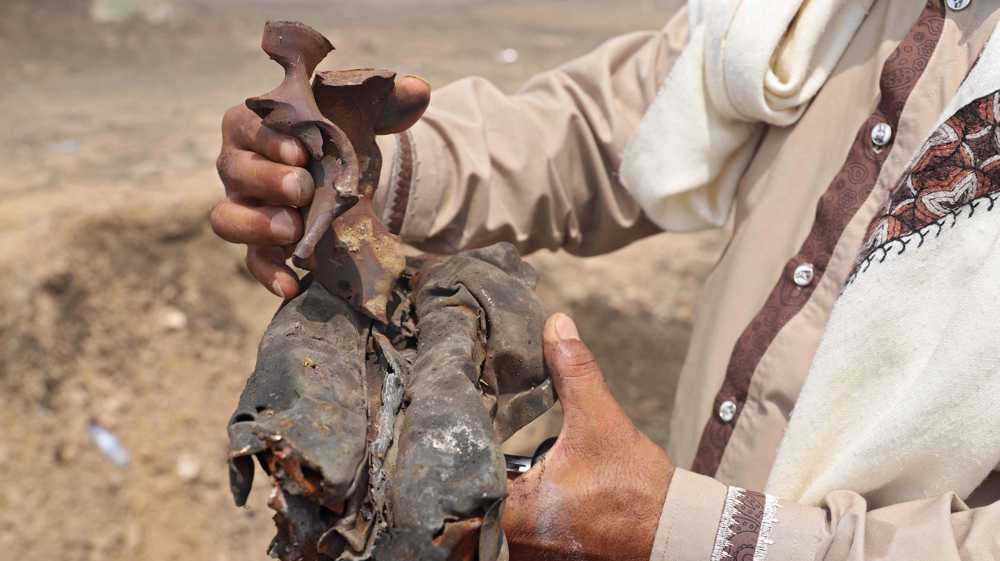
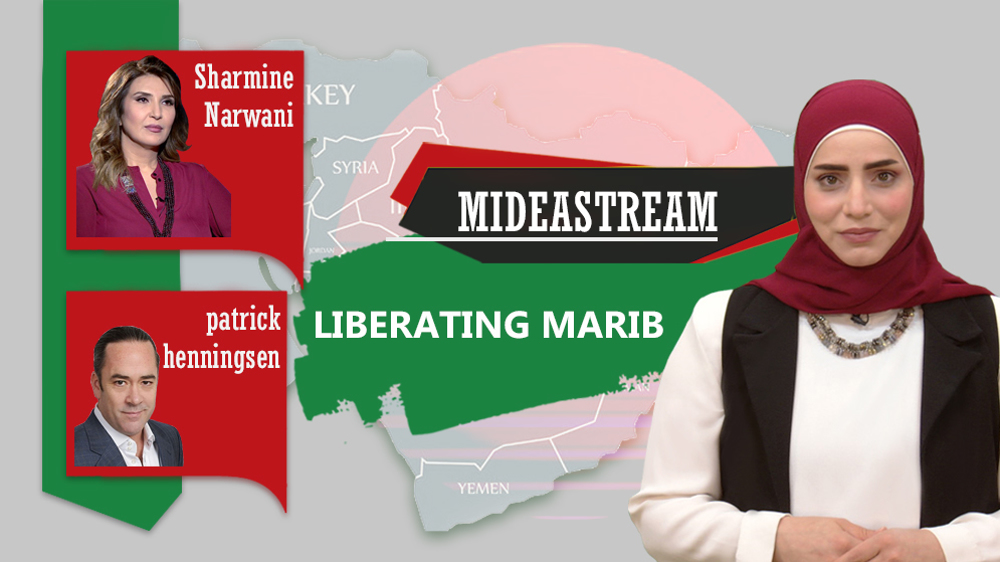
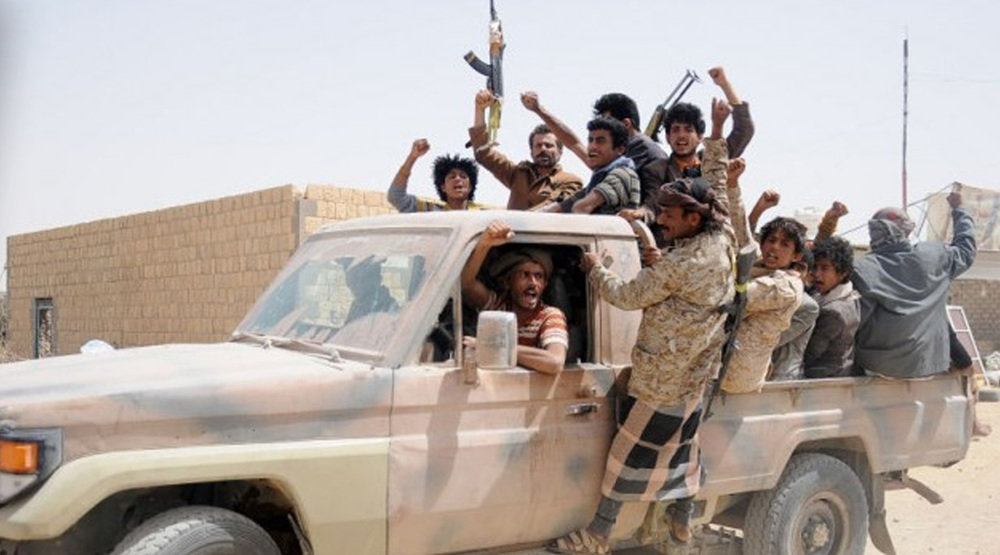
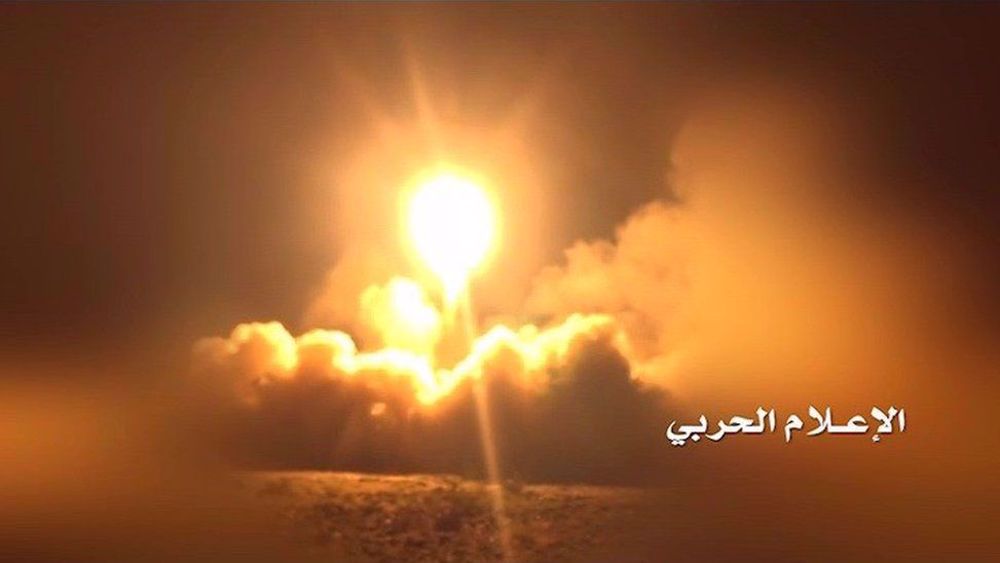
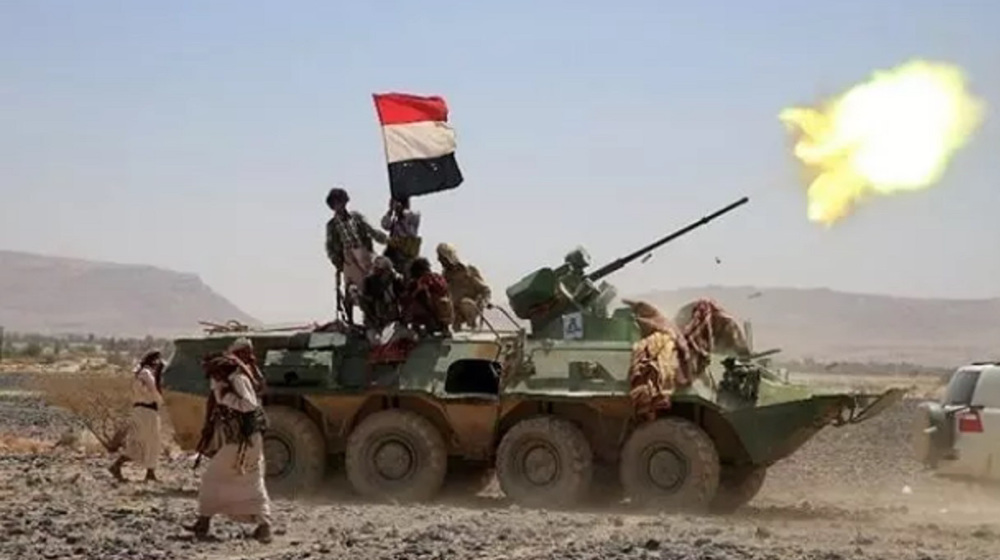
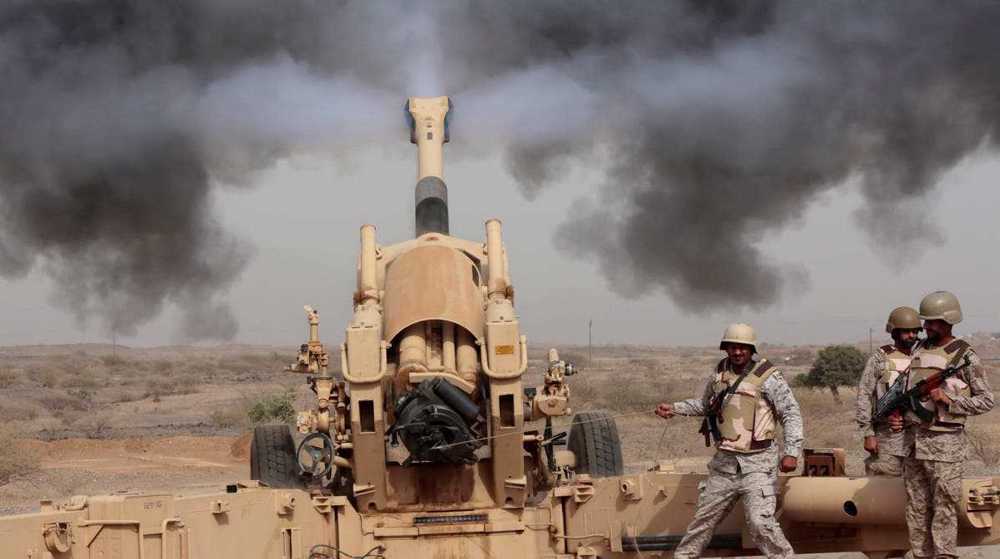
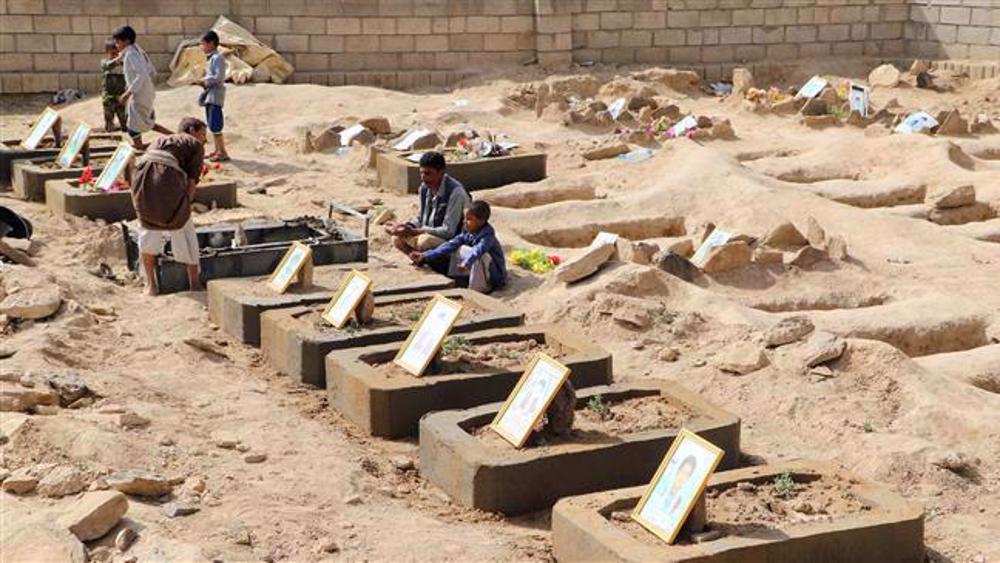
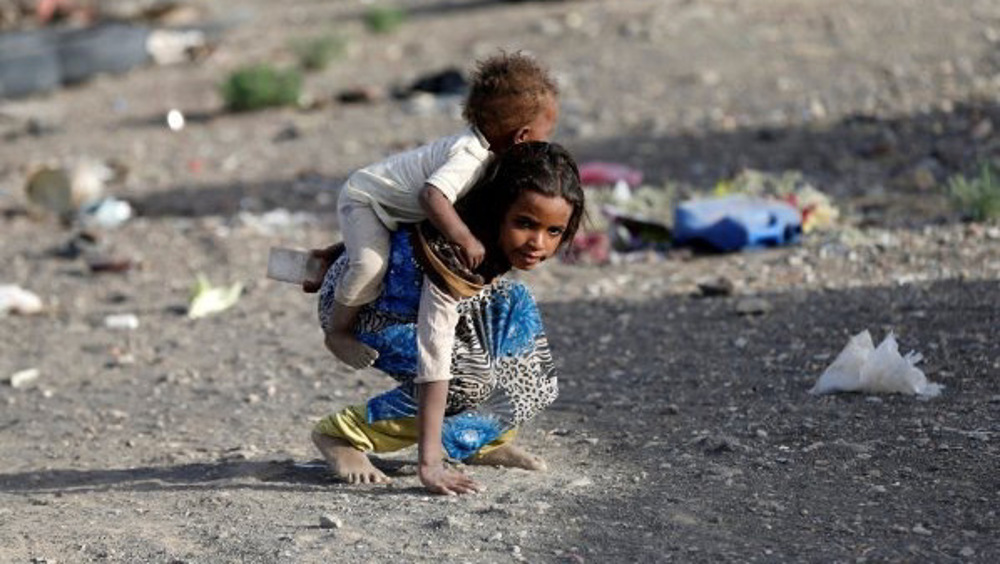
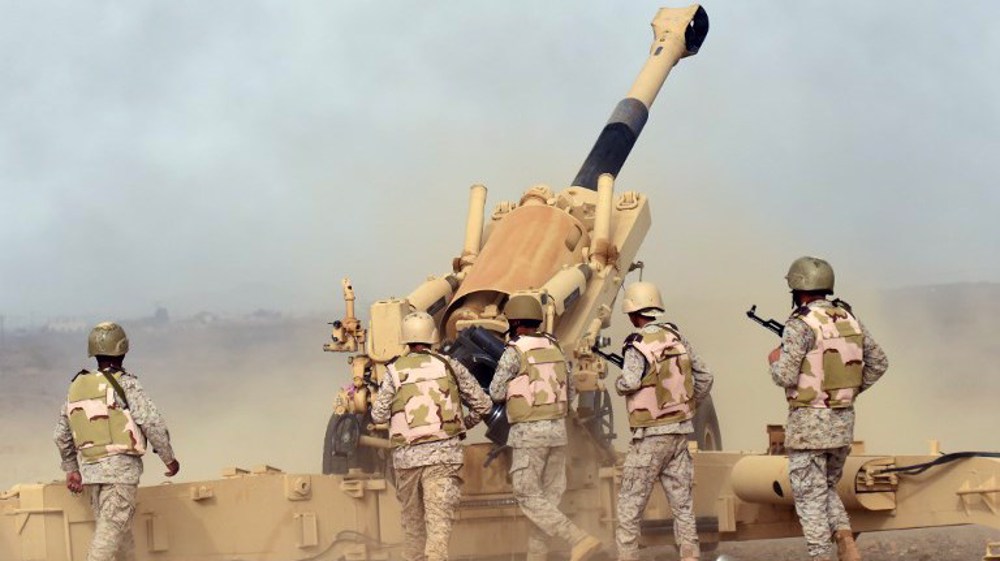



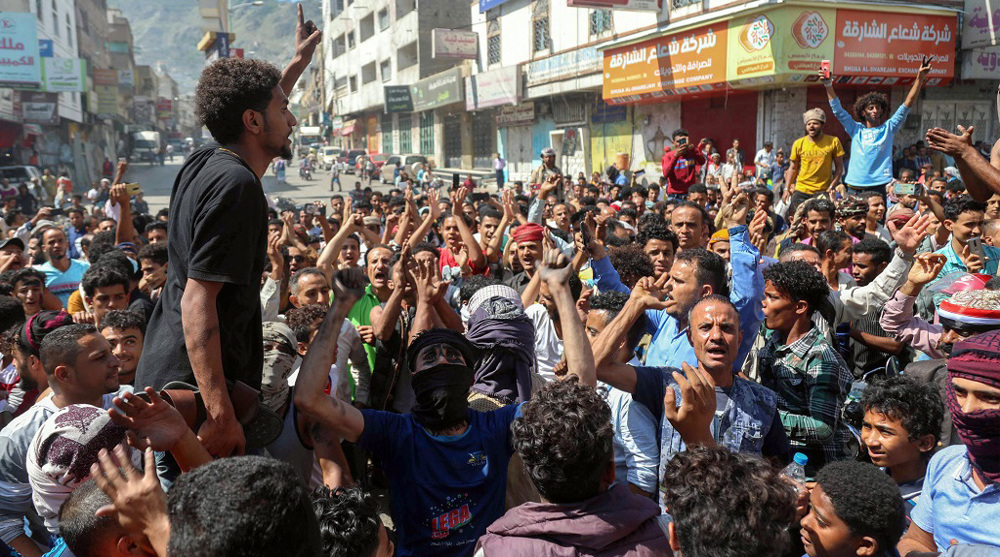
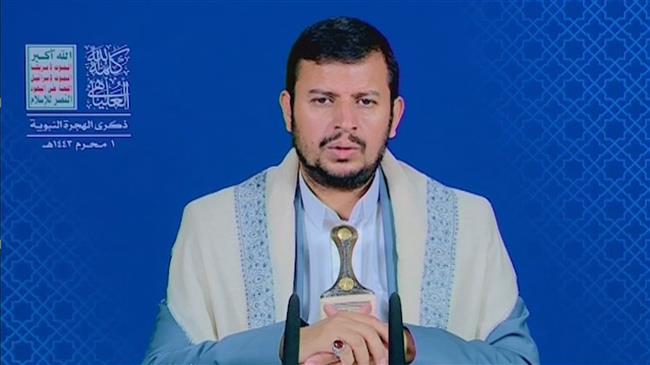

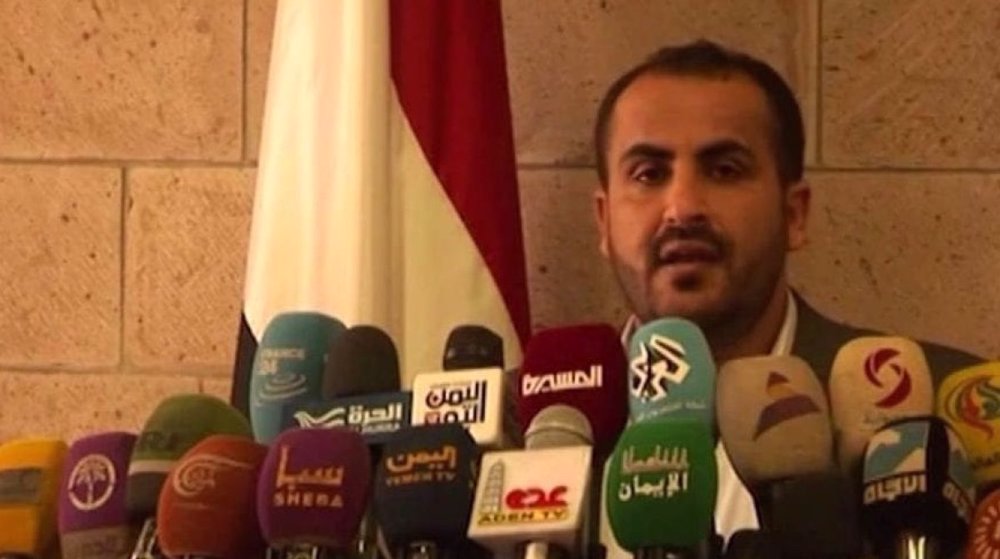

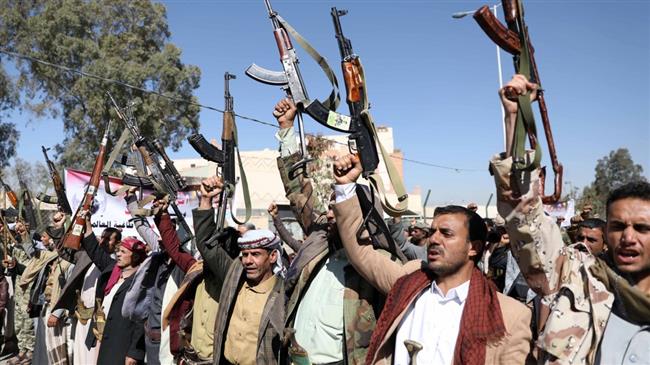
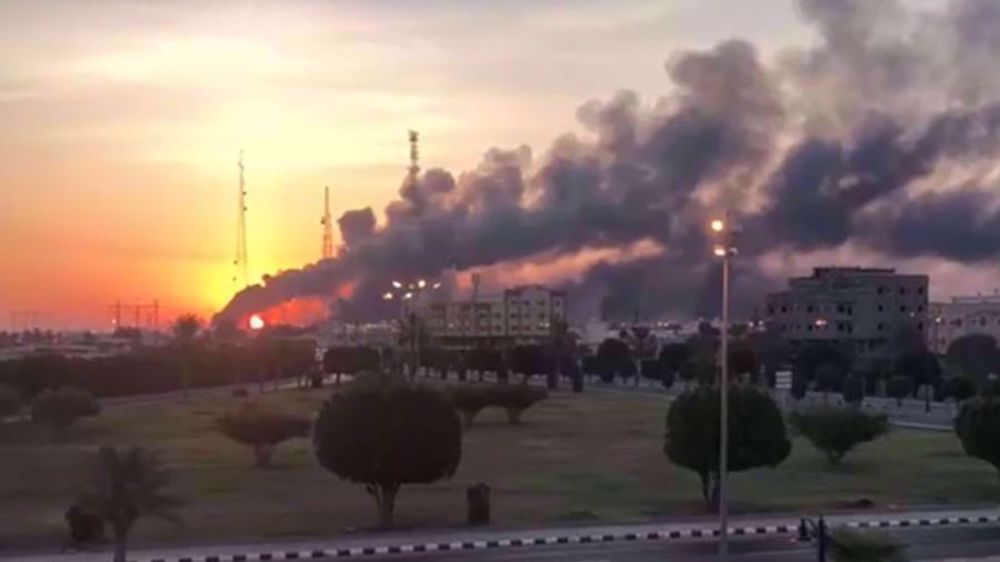
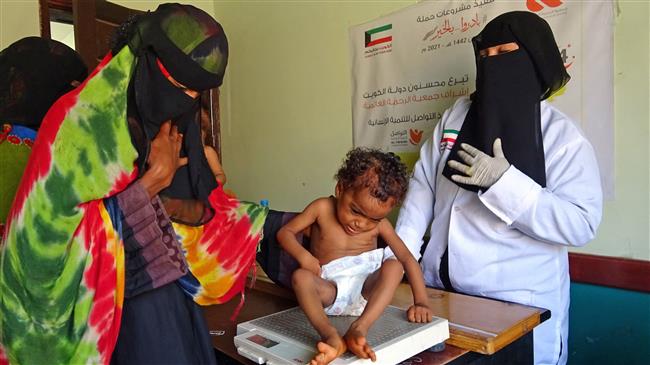
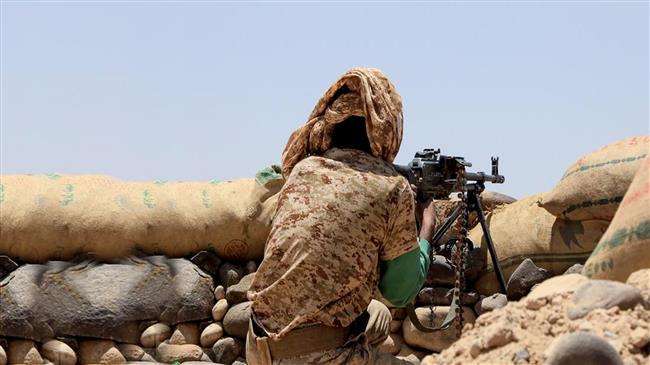
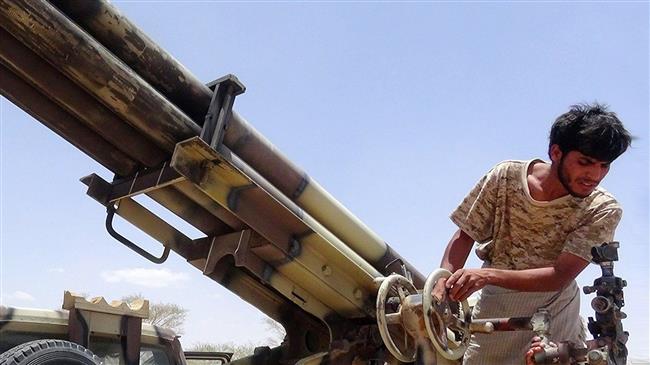

 This makes it easy to access the Press TV website
This makes it easy to access the Press TV website